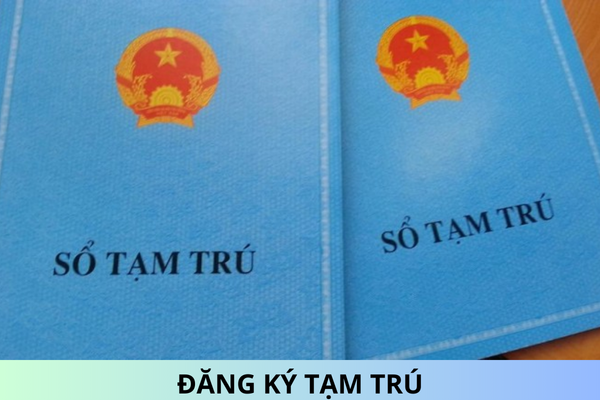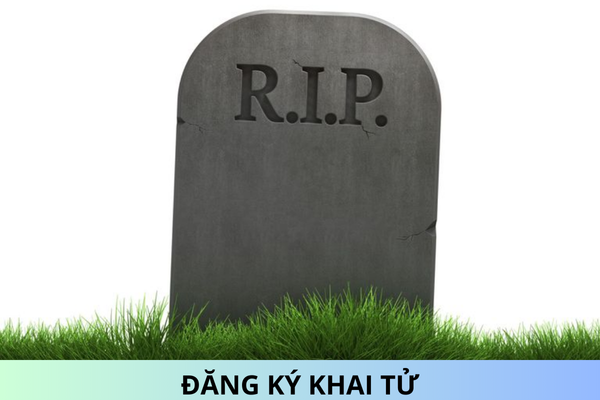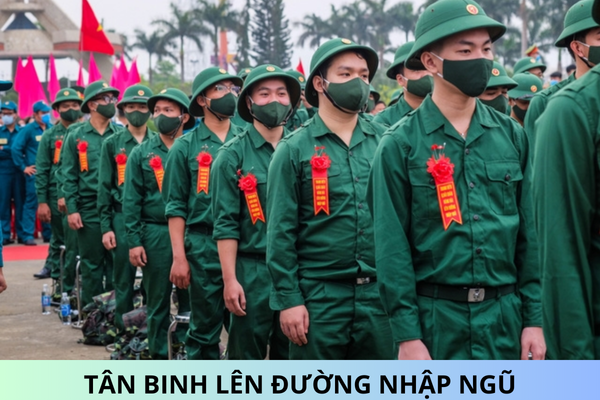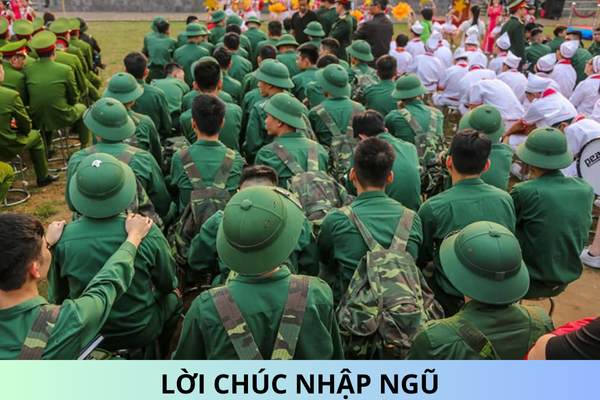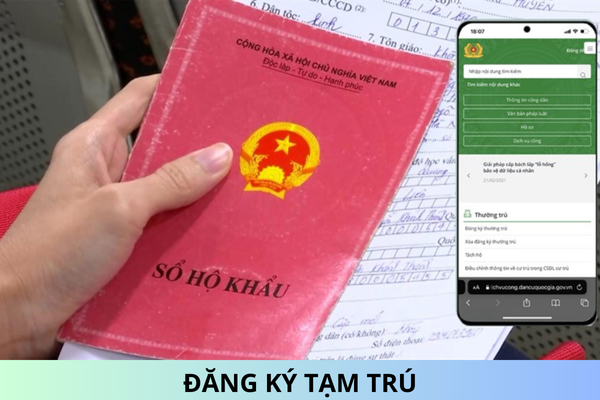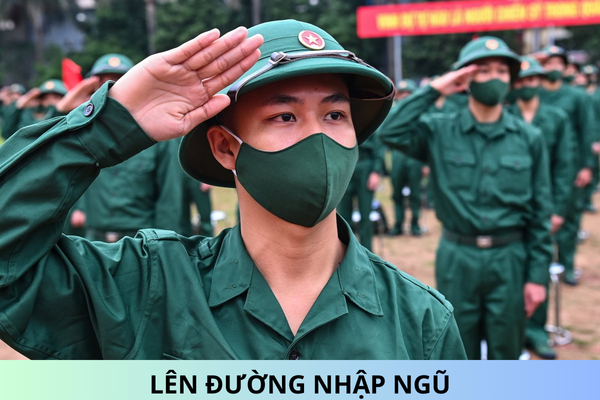Can persons staying in accommodations pending their exit be allowed to watch TV in Vietnam?
Can persons staying in accommodations pending their exit be allowed to watch TV in Vietnam? Are foreigners who face penalty of deportation staying in accommodations pending their exit restricted from calling their relatives?
My husband is Vietnamese origin, but has American nationality. He has been deported and is staying in accommodation pending his exit, so I don't know if he can watch TV or read any books while staying in accommodation? Can he call me or not? Please advise.
Can persons staying in accommodations pending their exit be allowed to watch TV in Vietnam?
Pursuant to Article 8 of Decree 65/2020/ND-CP stipulating physical training, sports and cultural performance activities of persons in stay as follows:
Persons in stay may have healthy physical training, sports and cultural performance activities, reading books, newspaper, listening to radio, watching television depending on the conditions of the accommodation establishment. The accommodation establishment shall be equipped with an internal public address system; each room shall be equipped with 1 television set and persons in stay may borrow books and newspaper of the accommodation establishment. The timetable for physical training, sports and cultural performance activities, watching television and listening to the radio shall be stipulated in the internal regulations of the accommodation establishment.
Thus, while staying in accommodations pending their exit , they can watch TV and read books according to the above regulations in Vietnam.

Are foreigners who face penalty of deportation staying in accommodations pending their exit restricted from calling their relatives?
According to the provisions of Clause 1, Article 9 of Decree 65/2020/ND-CP on regime of communications for persons in stay as follows:
1. Persons in stay may contact by telephone or receive/send letters to their relatives, legal representatives, diplomatic missions or consular offices under regulations of accommodation establishments; the telephone and post charges shall be at persons in stay’s expenses.
In addition, at Point b, Clause 2 of Article 9 of Decree 65/2020/ND-CP, it is provided that:
b) The accommodation establishment shall cooperate with local post and telecommunications authority to install a fixed telephone, wired or wireless, and allow the persons in stay to make domestic calls, 4 times a month, not exceeding 10 minutes for each call. In an urgent circumstance, according to a written explanation of the person in stay, the head of accommodation establishment may consider allowing that person to make a phone call not up to 10 minutes. When making a phone call, the person in stay must dial the number and exchange information as registered. The head of accommodation establishment shall assign a supervisor to supervise the information exchanged between the person in stay and recipient; the supervisor shall stop the call if any content exchanged goes beyond the registered content and then provide explanation for the person in stay; a record shall be taken if necessary. The phone call shall be charged as the same as the post and telecommunications authority and at the expense of the person in stay in form of delayed payment or other sponsorship with the consent of the head of accommodation establishment.
If a person in stay who has been investigated with respect to an offense or regarding other criminal cases is subject to a request for scrutiny of any phone call which that person makes or receives made by the authority in charge of the case so as to prevent that person from exchanging information with other people which possibly prejudices the investigation process, the head of the accommodation establishment shall, before allowing that person to make or receive such phone call, cooperate with the authority in charge of the case in supervising that person. When the person in stay exchanges any information deemed prejudicing the investigation process, the head of accommodation establishment shall, with the consent of the authority in charge of the case, stop the phone call, take a record, provide specific reasons, and then notify that person in stays and the visitor.
According to this Article, deportees who are staying in accommodations pending their exit when making domestic phone calls will be limited according to the above regulations in Vietnam.
Best Regards!
